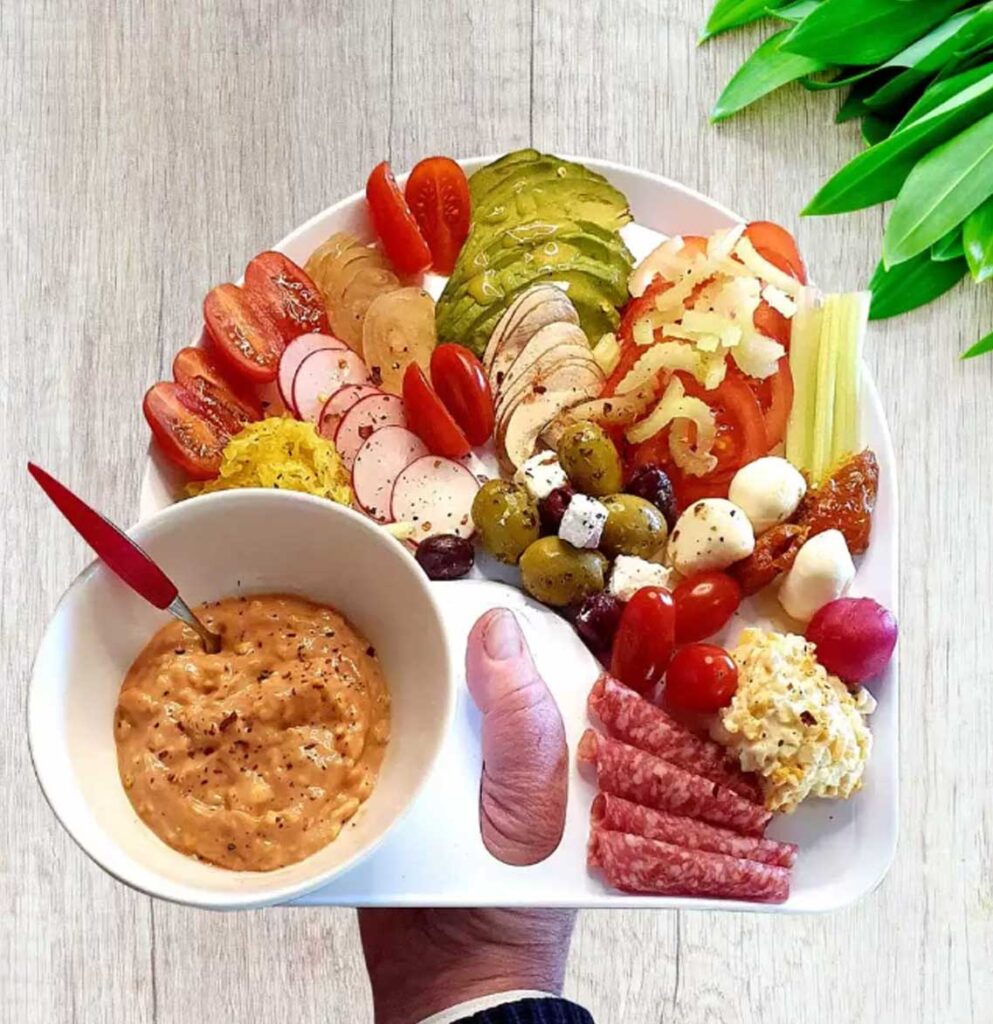
Barbecue, fondly known as BBQ, is more than just a cooking method; it is a time-honored tradition that has been passed down through generations, shaping cultures and culinary practices around the world. The aroma of sizzling meats over an open flame, the taste of smoky goodness, and the camaraderie of friends and family gathered around the grill evoke feelings of warmth, comfort, and celebration.
In this extensive exploration of the history of BBQ, we will journey through time, tracing the origins of this beloved cooking style, understanding how it evolved across continents, and delving into the diverse modern traditions that have emerged. From ancient civilizations that first embraced the concept of cooking over fire to the regional BBQ specialties that have become iconic in different parts of the globe, let’s uncover the rich and flavorful history of BBQ.
The story of BBQ begins with one of humanity’s greatest discoveries: the control of fire. Fire was the first source of heat and light for our ancestors, offering warmth, protection, and the ability to cook food. The mastery of fire unlocked a world of culinary possibilities, including the cooking of meat over an open flame – a practice that would eventually evolve into BBQ.
BBQ in Ancient China
Chinese BBQ, known as “char siu” or “chuanr,” has deep historical roots dating back to the Zhou dynasty. The Chinese developed techniques for roasting and skewering meat, using various spices and sauces to enhance the flavors. Today, Chinese BBQ is a popular street food enjoyed by locals and tourists alike.
BBQ in Ancient Greece and Rome
In ancient Greece and Rome, BBQ took the form of large public feasts and celebrations. The Greeks cooked meat over open flames during religious festivals, while the Romans embraced the practice of spit-roasting animals, which laid the foundation for modern rotisserie cooking.
BBQ in Ancient India
Indian BBQ, known as “tandoori,” traces its origins to the Indus Valley civilization. The tandoor, a traditional clay oven, was used to cook marinated meats, bread, and other delicacies. Tandoori cuisine remains a vibrant part of Indian culinary culture to this day.
BBQ in Native American Cultures
Native American tribes across North and South America have practiced BBQ for centuries. They used various methods such as smoking and pit-roasting to cook game meats, fish, and vegetables, often incorporating local herbs and spices for added flavor.
The evolution of BBQ continued into the modern era, with the United States playing a central role in its development. However, BBQ has also spread its smoky goodness across the globe, influencing various cultures and creating unique regional traditions.
BBQ and the Industrial Revolution
The Industrial Revolution brought significant changes to the way BBQ was prepared and enjoyed. The invention of metal grills and stoves made outdoor cooking more accessible to the masses. As cities grew, urban BBQ culture emerged, with public parks and backyard gatherings becoming popular venues for grilling.
BBQ in the Post-World War II Era
The post-World War II era saw a surge in BBQ’s popularity, fueled by the rise of suburban living and a newfound love for outdoor activities. Backyard barbecues became a symbol of American leisure and the ideal way to gather family and friends for a relaxed and enjoyable meal.
BBQ in Popular Culture and Media
BBQ culture found its way into popular culture, becoming a frequent subject in movies, television shows, and music. BBQ scenes in films and TV series often depicted joyful gatherings, reinforcing the idea of BBQ as a social activity that brings people together.
The Rise of BBQ Competitions and Festivals
In the latter half of the 20th century, BBQ competitions and festivals began to sprout across the United States, attracting both amateur and professional pitmasters. These events provided a platform for BBQ enthusiasts to showcase their skills, share recipes, and celebrate the art of grilling.
While BBQ is beloved for its delectable flavors, there are important considerations to keep in mind concerning health, environmental impact, and ethical practices.
Health Effects of BBQ Cooking
The cooking process involved in BBQ, particularly grilling and smoking, can produce potentially harmful compounds like polycyclic aromatic hydrocarbons (PAHs) and heterocyclic amines (HCAs). It is essential to use proper grilling techniques and avoid overcooking to minimize the formation of these substances.
Sustainability and BBQ
As the demand for meat consumption grows, BBQ enthusiasts are increasingly considering the environmental impact of their choices. Sustainable and ethically sourced meats, as well as incorporating more plant-based options, are gaining popularity among conscious grillers.
Ethical Considerations in BBQ Culture
BBQ culture extends beyond cooking methods; it also encompasses the treatment of animals and workers involved in the supply chain. Ethical considerations, such as supporting local farmers and ensuring fair labor practices, are becoming significant factors for socially responsible BBQ enthusiasts.
At the heart of BBQ are the techniques used to create the mouthwatering flavors, as well as the variety of sauces and seasonings that add the finishing touches.
Different BBQ Cooking Methods
Various BBQ cooking methods include direct grilling, indirect grilling, smoking, and rotisserie cooking. Each technique imparts distinct flavors and textures to the meat, allowing for a diverse range of BBQ experiences.
BBQ Sauces: A World of Flavors
BBQ sauces vary widely from region to region and country to country. From sweet and tangy tomato-based sauces to vinegar-based concoctions and spicy rubs, the world of BBQ sauces is a vibrant and flavorful one.
Signature Seasonings and Rubs
In addition to sauces, rubs play a significant role in BBQ flavor profiles. Signature spice blends and rubs are cherished secrets of many pitmasters, contributing to the uniqueness of their grilled creations.
The history of BBQ is a tapestry woven with stories of ancient civilizations, regional traditions, and social gatherings that transcend time and borders. From its humble beginnings as a means of sustenance to its status as a treasured culinary art form, BBQ has become an integral part of cultures worldwide.
The social aspect of BBQ is a powerful force that brings people together, fostering a sense of community, friendship, and shared experiences. Whether in the backyard, at tailgating parties, or during festivals and competitions, BBQ serves as a reminder of the joy found in gathering around good food and good company.
As BBQ continues to evolve, it is up to enthusiasts, pitmasters, and communities to preserve its rich history while embracing innovation and inclusivity.

Impress your friends with this amazing new innovation.
Hold your food and drink in one hand while you eat with the other

Immerse yourself in a fusion of flavors and entertainment as we intertwine the realms of food and living.